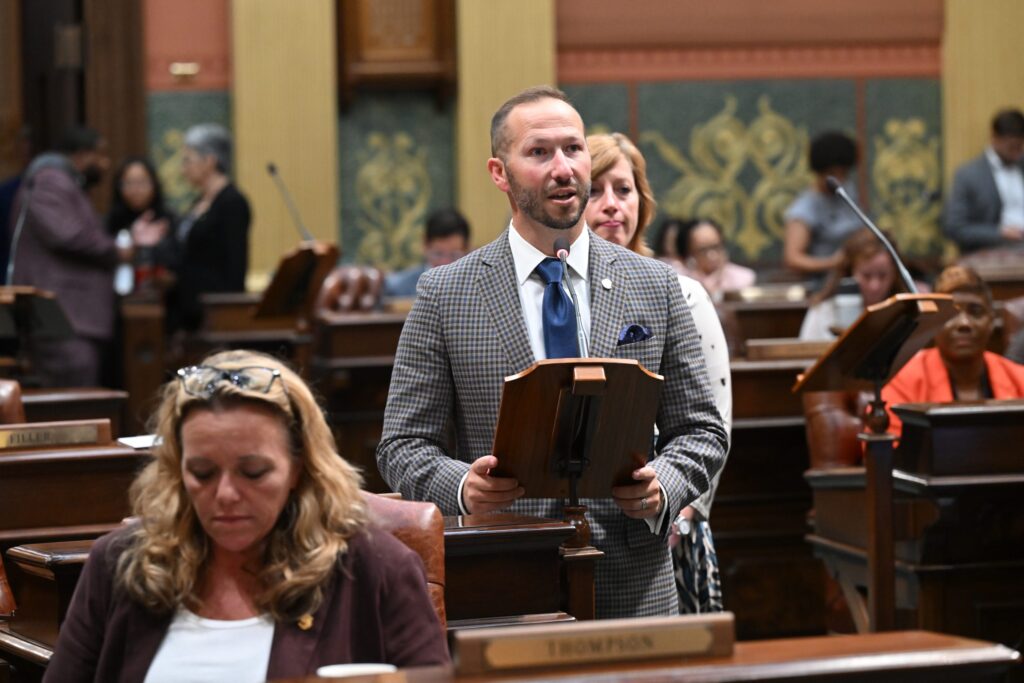Beerlein issues warning about outlook for small businesses in latest report
With significant minimum wage and paid sick leave measures set to take effect in February, State Representative Matthew Bierlein today expressed great concern about Michigan’s employment situation and how workers, business owners and the economy will be affected in the long term.
A recent decision by the Michigan Supreme Court increased the minimum wage and ultimately eliminated the tip deduction for waiters, bartenders, and other workers who often earn more from tips than they earn at the higher minimum wage. In 2018, the Michigan Legislature took the necessary steps by adopting two citizen-initiated laws to ensure that the minimum wage increase and new paid sick leave rules apply to all Michiganders. These legislative changes struck a balance between promoting economic growth while protecting workers from layoffs and cuts in work hours.
A recent survey by the Small Business Association of Michigan (SBAM) found that despite rising costs and uncertainty caused by inflation, 78% of those surveyed have increased employee pay by at least 5% in the past year, and 26% reported salary increases of 10% or more. In addition to these findings, 79% of small business owners surveyed said they already offer flexible paid time off.
“Many local employment providers across the region and state are already moving in this direction, supporting their hardworking staff without a court order,” Vassar’s Bierlein said. “Coming February, all of that will be for naught, as new burdensome directives will wreak havoc on small business owners and artificially skyrocket costs. These directives will force some businesses to lay off employees, reduce hours, or even close altogether. I’ve spoken with many business owners and employees who fear the impact these new measures will have. In the coming months, Democrats and Republicans in Congress should consider every part of this equation and seek solutions that work for everyone.”
These changes are creating a problematic environment for employers. Small businesses saw an overall decline in optimism in the survey, with a 13-point drop in their short-term outlook. Only 37 percent are optimistic about their prospects for the next six months, down from 50 percent in February. A similar decline was seen in how small business owners feel about their long-term survival, with 54 percent optimistic about staying open, down from 66 percent in February.
In addition to the SBAM survey, a recent survey by the Michigan Restaurant & Lodging Association found that more than 92% of restaurants say they would be forced to raise prices if the original, tougher minimum wage and sick leave proposals included in the Supreme Court amendment go into effect in February, with many expecting price increases of 20-25% by early 2025. 66% of restaurant owners said they would be forced to lay off employees, and 20% said they would be forced to close their doors.
“Multiple red flags are coming to our attention about how these changes will impact workers, small business owners and Michigan consumers,” Bierlein said. “The time to act is now, and I look forward to hearing from my colleagues on the other side, who have been fairly silent thus far, as Congress works to resolve the crisis this court has created.”



